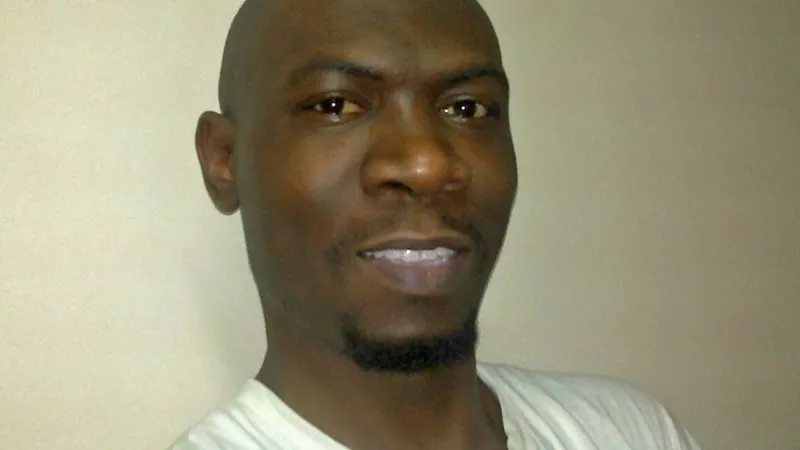TOP STORY: Kenyan Man Freed from Saudi Death Row After 14 Years
NAIROBI, Kenya – A Kenyan man who spent over a decade on death row in Saudi Arabia has been freed, bringing to an emotional end a long-running campaign to spare him from execution.
Stephen Abdukareem Munyakho, who was convicted of murder in 2011, was released under a “judicial decree,” Kenya’s Foreign Affairs Principal Secretary Korir Sing’oei announced on X (formerly Twitter). He did not disclose further details surrounding the release.
The news triggered an emotional response from Munyakho’s mother, veteran journalist Dorothy Kweyu. “I rolled on the floor,” she told local media, overwhelmed with relief after years of tireless advocacy to save her son. “This time, it is true. The ambassador [in Saudi Arabia] has confirmed it.”
Munyakho, who moved to Saudi Arabia in his early 20s to work as a warehouse manager at a Red Sea resort, was involved in a fatal altercation with a Yemeni colleague in 2011. According to accounts, the colleague stabbed Munyakho with a letter opener, and Munyakho retaliated using the same weapon, resulting in the man’s death.
Initially sentenced to five years for manslaughter, his conviction was later upgraded to murder upon appeal in 2014—a charge that carried the death penalty under Saudi Arabia’s strict Islamic law. However, Saudi law also allows for the death sentence to be commuted if the victim’s family accepts “diyah,” or blood money.
After years of negotiations led by Kenyan diplomats and international appeals, the victim’s family accepted a compensation payment of $1 million earlier this year, reportedly funded by the Kenyan government and the Muslim World League.
Munyakho’s execution was postponed multiple times, as his mother waged an unrelenting campaign for his life. Her efforts, along with diplomatic and financial interventions, ultimately secured his freedom.
Following his release, Munyakho performed the minor Muslim pilgrimage (Umrah) in Mecca, officials confirmed. It remains unclear when he will return to Kenya.
His case has drawn national attention in Kenya, raising questions about the treatment of migrant workers abroad and the power of persistence, diplomacy, and faith in the face of overwhelming odds.
